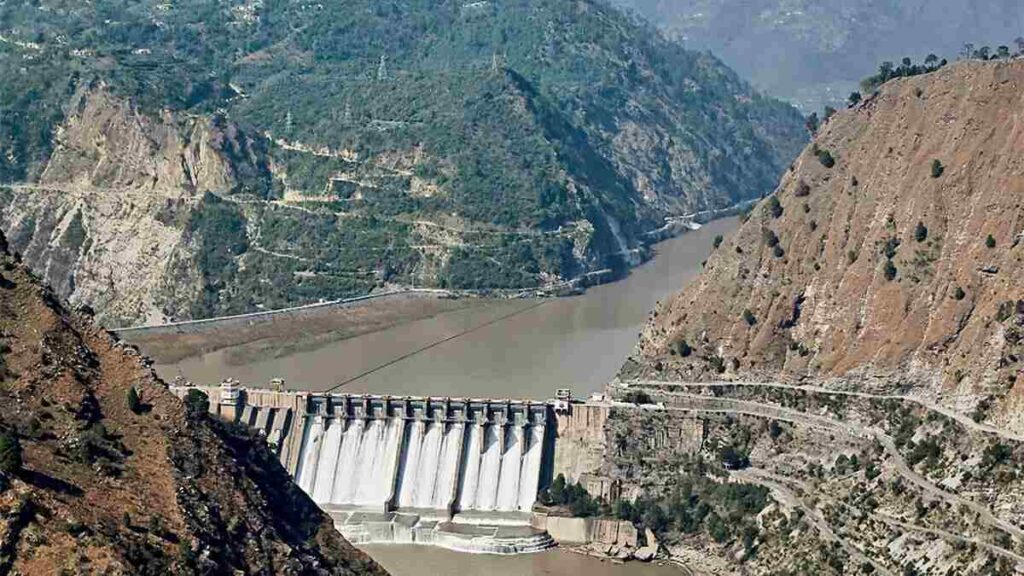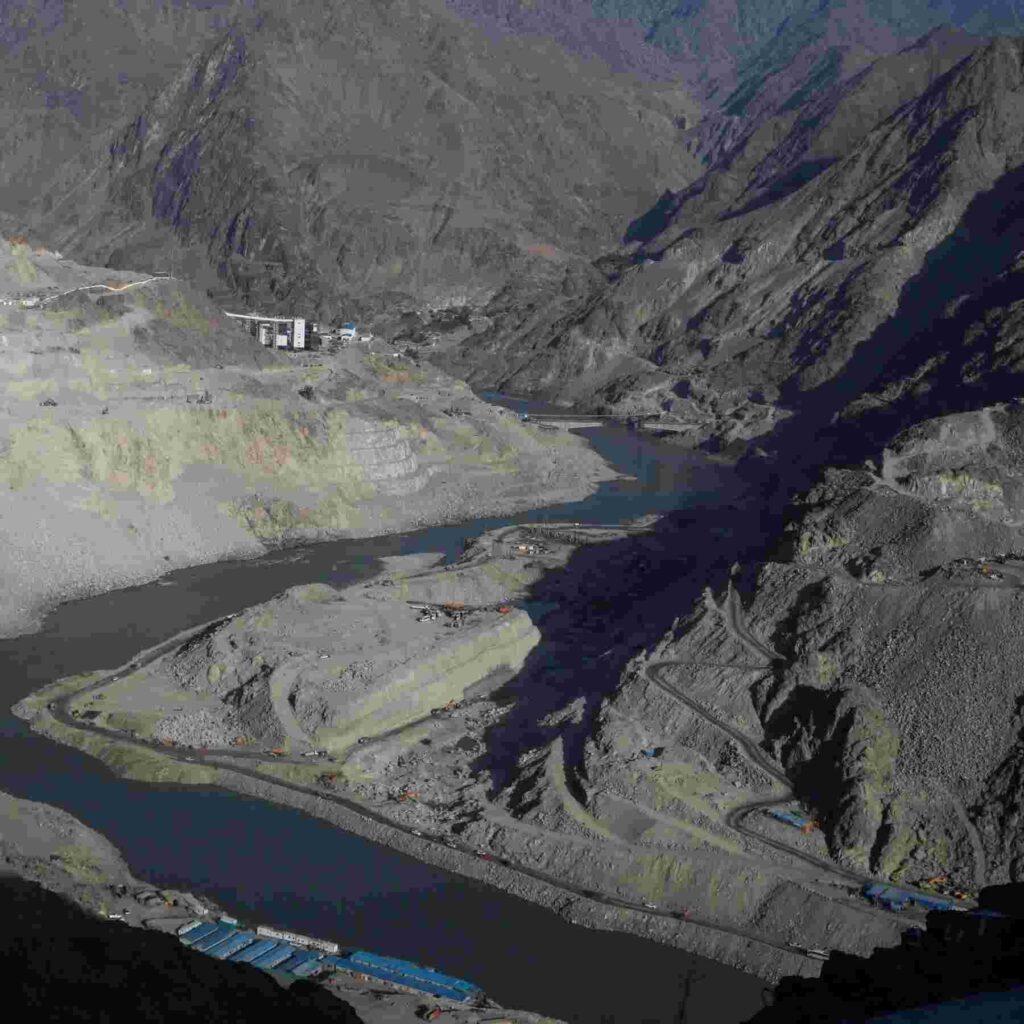India has suspended the Indus Waters Treaty (IWT) with Pakistan in response to the April 22 terror attack in Pahalgam that claimed 26 lives. The decision was made during a Cabinet Committee on Security (CCS) meeting led by Prime Minister Narendra Modi. The attack was found to have cross-border links, prompting what is now India’s strongest retaliatory measure against Pakistan in recent years.
About the Indus Waters Treaty
Signed in 1960 and brokered by the World Bank, the Indus Waters Treaty is one of the world’s most enduring water-sharing agreements. It governs the distribution of six rivers in the Indus Basin:
- India-controlled eastern rivers: Ravi, Beas, Sutlej
- Pakistan-controlled western rivers: Indus, Jhelum, Chenab
Under the treaty:
- India is entitled to about 20% of the system’s annual flow (33 million acre-feet or 41 billion cubic metres)
- Pakistan receives about 80% (135 MAF or 99 bcm)
- India is allowed limited, non-consumptive use of the western rivers for hydropower and irrigation without altering flow

Why the Treaty Was Established
After the partition of British India in 1947, control over the Indus River system became a contentious issue. In 1948, India briefly stopped water flow to Pakistan, leading to international intervention. The World Bank mediated negotiations that led to the 1960 agreement, signed by Prime Minister Jawaharlal Nehru and President Ayub Khan.
How the Suspension Affects Pakistan
The Indus system is vital to Pakistan’s survival:
- 80% of Pakistan’s cultivated land (around 16 million hectares) depends on the Indus system
- 93% of the water is used for irrigation, driving the country’s agriculture
- Major cities like Karachi, Lahore, and Multan rely on the system for water supply
- Hydropower plants such as Tarbela and Mangla depend on the uninterrupted flow of these rivers
- Agriculture contributes 23% to Pakistan’s GDP and supports 68% of its rural population
Pakistan already suffers from water stress, and its water storage is inadequate. The combined live storage of major dams like Mangla and Tarbela is only about 14.4 MAF, which is just 10% of the annual allocation Pakistan receives under the treaty.
Potential Fallout
If India enforces the suspension and alters water flows, Pakistan could face:
- A collapse in food production and severe food insecurity
- Water shortages in major cities, leading to public unrest
- Power shortages as hydropower production is disrupted
- Economic disruption with increased rural unemployment, loan defaults, and migration
Geopolitical and Diplomatic Ramifications
This is the first time India has formally suspended the IWT, marking a shift from earlier threats of treaty revision. The move targets Pakistan’s agricultural and energy sectors directly. Pakistan has not yet responded, but the action could trigger diplomatic tensions, legal challenges, and possible intervention by the World Bank, the original mediator of the treaty.

India’s suspension of the Indus Waters Treaty ends a 64-year-old framework of water-sharing and could destabilize Pakistan’s food, water, and energy security. The move intensifies regional tensions and raises the risk of a broader conflict over one of South Asia’s most vital natural resources.
